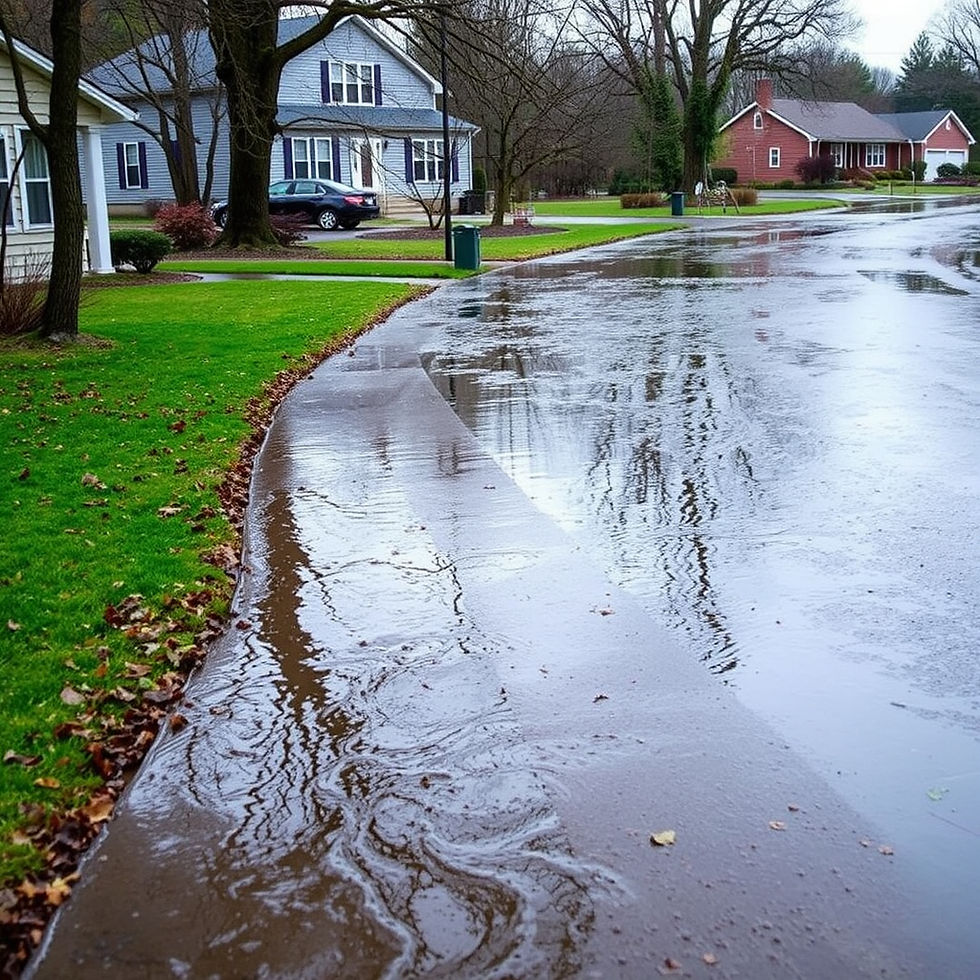Amazing Arboricola Plant: A Complete Guide for Indoor & Outdoor Spaces
- Jayant Upadhyay
- Jul 25
- 4 min read

Table of Contents
Introduction
What Is the Arboricola Plant?
Varieties of Arboricola
Benefits of Growing Arboricola
Ideal Growing Conditions
How to Care for Arboricola
Indoor Uses of Arboricola
Outdoor Landscaping with Arboricola
Common Pests and Problems
Propagation Tips
Pruning and Maintenance
Frequently Asked Questions
Final Thoughts
1. Introduction
Plants do more than just beautify a space—they purify the air, enhance mood, and create a peaceful ambiance. Among popular houseplants, the Arboricola plant stands out for its low maintenance and rich green foliage. Commonly known as the dwarf umbrella tree, Arboricola adds lush texture and tropical vibes to both indoor and outdoor areas.
Whether you’re an experienced plant parent or a beginner, this blog will walk you through everything you need to know about growing and enjoying this amazing plant.
2. What Is the Arboricola Plant?
The Arboricola plant (Schefflera arboricola) belongs to the Araliaceae family and originates from Taiwan and Hainan. It’s commonly referred to as:
Dwarf Umbrella Tree
Umbrella Plant
Miniature Schefflera
It is known for its compact, upright growth and glossy, palmate leaves that resemble the spokes of an umbrella—hence its nickname.
Quick Botanical Info:
Scientific name: Schefflera arboricola
Common name: Dwarf umbrella tree
Plant type: Evergreen shrub
Height: 3–8 feet indoors, up to 15 feet outdoors
Light: Bright, indirect sunlight
Toxicity: Toxic to pets
3. Varieties of Arboricola
There are several cultivars of Schefflera arboricola known for their unique foliage color and growth pattern:
Schefflera arboricola 'Gold Capella' – Variegated leaves with golden-yellow splashes.
Schefflera arboricola 'Trinette' – Broad creamy yellow and green variegation.
Schefflera arboricola 'Dazzle' – Small, bushy growth with pale yellow leaves.
Schefflera arboricola Compacta – More compact, dense foliage, ideal for table tops.
4. Benefits of Growing Arboricola
🌿 Air Purification
NASA’s clean air study confirmed that Schefflera helps remove toxins like benzene, formaldehyde, and toluene.
🌿 Aesthetic Appeal
Its umbrella-like foliage brings architectural beauty to homes, lobbies, and gardens.
🌿 Low Maintenance
It thrives with minimal care and tolerates a variety of indoor conditions.
🌿 Pet Deterrent
While toxic to pets, its slightly bitter sap tends to discourage chewing.
5. Ideal Growing Conditions
💡 Light
Prefers bright, indirect light.
Can tolerate lower light but may become leggy.
Avoid direct sun which may scorch leaves.
🌡️ Temperature
Thrives between 60°F to 80°F (15°C to 27°C).
Not frost-tolerant; bring indoors when temps drop below 50°F.
💧 Watering
Let the top inch of soil dry before watering.
Overwatering causes root rot; underwatering causes leaf drop.
🌱 Soil
Use well-draining potting mix—a peat-perlite combo works great.
pH level: Slightly acidic to neutral (6.0–7.0).
💨 Humidity
Likes moderate humidity; misting helps in dry climates.
Avoid placing near cold drafts or heaters.
6. How to Care for Arboricola
Watering Schedule
In spring/summer: water weekly
In fall/winter: reduce to every 10–14 days
Fertilizing
Use balanced liquid fertilizer once a month during the growing season (spring–summer).
Skip feeding in winter months.
Potting
Repot every 2–3 years or when root-bound.
Choose a container with proper drainage.
7. Indoor Uses of Arboricola
🌿 Living Rooms
Use it as a focal point in a decorative pot. Its tropical look complements modern, boho, and minimalist themes.
🌿 Offices
Perfect for reception areas or desk corners—requires low effort and boosts indoor air quality.
🌿 Bathrooms
If your bathroom gets good light, Arboricola thrives in the higher humidity.
🌿 Entryways
A tall Arboricola in a ceramic planter adds instant greenery to bland corners.
8. Outdoor Landscaping with Arboricola
In USDA zones 10–12, Arboricola makes a great landscape shrub or hedge. It’s often used for:
Tropical garden borders
Mixed shrub beds
Privacy screens
Foundation planting
Ensure well-drained soil and shelter from direct harsh sunlight outdoors.
9. Common Pests and Problems
🐛 Pests
Spider mites: Cause stippling on leaves
Mealybugs: White, cottony patches
Scale insects: Brown bumps on stems
Use neem oil or insecticidal soap for treatment.
🚨 Diseases
Root rot from overwatering
Leaf drop due to temperature swings or low light
Leaf spots due to fungal infection—remove infected leaves
10. Propagation Tips
Arboricola is easy to propagate by stem cuttings.
Steps:
Cut a 4–6" healthy stem with at least 3 nodes.
Remove the lower leaves.
Dip in rooting hormone (optional).
Plant in moist soil or place in water until roots develop.
Transplant once roots are 2–3 inches long.
11. Pruning and Maintenance
When to Prune:
Early spring or during active growth season.
How to Prune:
Cut above a leaf node to encourage bushier growth.
Remove leggy or damaged stems.
Use clean, sharp scissors to avoid disease spread.
Pruning helps maintain its size, especially indoors.
12. Frequently Asked Questions
❓ Is Arboricola toxic to pets?
Yes. It can cause vomiting or irritation in cats and dogs if ingested.
❓ Can Arboricola survive in low light?
It tolerates low light but grows better in bright, indirect light.
❓ Why are the leaves turning yellow?
This can be due to overwatering, poor drainage, or lack of light.
❓ How tall can Arboricola grow?
Indoors: 3–8 ft; Outdoors: Up to 15 ft in warm climates.
13. Final Thoughts
The Arboricola plant is an excellent option for anyone looking to add timeless greenery to their home or garden. Its adaptability, vibrant foliage, and minimal care requirements make it a favorite among plant lovers. Whether you’re decorating a high-end living room or crafting a peaceful balcony nook, Arboricola can fit seamlessly into your design plan.
Give this tropical stunner a spot in your indoor jungle or landscape, and you’ll enjoy the beauty and benefits for years to come.



Comments